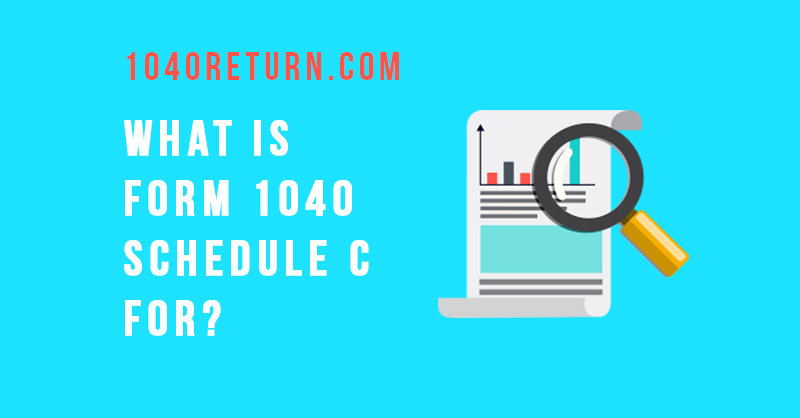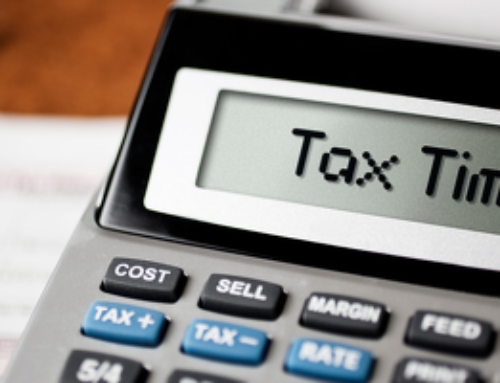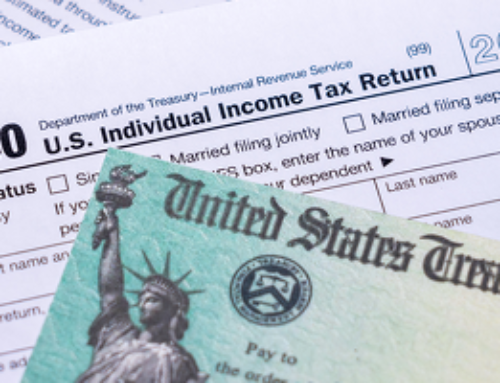The IRS norms specify that self-employed professionals are supposed to pay self-employment tax and file self-employment tax return in case their net earnings exceed $400. The Form 1040 Schedule C is an important document wherein one mentions their income earned or losses incurred in the course of self-employment.
Now most of you might have a question as to who is a self-employed individual. According to the IRS, the following persons qualify as self-employed individuals who must file self-employed tax return using the 1040 Schedule C.
- Sole Proprietor
- Independent Contractor
- Member of single-member LLC
The aim of such classification is to segregate the individuals who earn for themselves. They do not have anyone else who writes their paychecks and holds back their taxes. In simple words, self-employed individuals are supposed to pay their own Social Security and Medicare taxes.
Filing self-employed tax return with 1040 Schedule C is fairly easy once you understand the process. The 1040 Schedule C is divided into 5 parts. Part 1 is concerned with the revenue you earn from all the receipts. Part 2 of the 1040 Schedule C is for listing down all the ordinary and necessary expenses pertaining to the business. You then deduct the expenses from the revenue to arrive at net profit or loss, which you then state on the income tax return.
The Part 3, 4 and 5 of the 1040 Schedule C must be filled if your business involves maintaining inventory, avail deduction on car expenses and to list miscellaneous expenses that were not mentioned in Part 2. Nowadays, you can opt for small business tax software that will make the process of filing self-employed tax return seem like a cakewalk.
Along with filing Schedule C, the self employed persons must complete the Schedule SE that is used for the purpose of computing the self-employment tax payable to the IRS. The net income that was calculated while filling out the 1040 Schedule C is taken into account. Self-employment tax is levied on 92.35 percent of the net income at the rate of 15.3 percent, which consists of 12.4 percent Social Security and 2.9 percent Medicare taxes. The IRS levies an additional 0.9 percent Medicare tax on the self-employed income exceeding the thresholds explained below.
| Category | Threshold |
| Married filing jointly | $250,000 |
| Married filing separately | $125,000 |
| Others | $200,000 |
We hope to have cleared your queries pertaining to filing Schedule C and self-employed tax return. Should the computing part get tough, you always have the option to use the sophisticated small business tax software.






